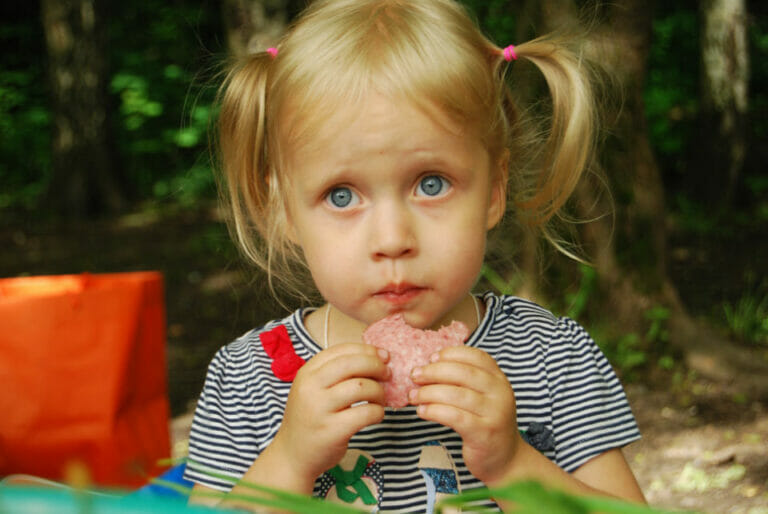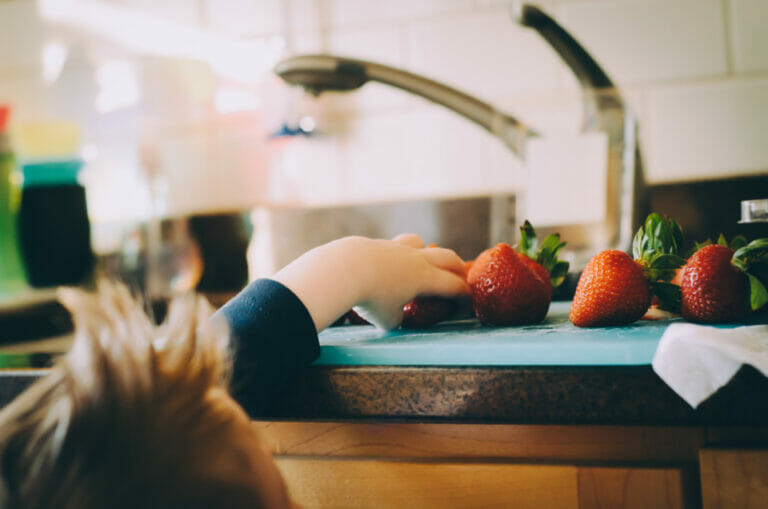![]()
How to deal with a teen who is comparing your parenting to their friend’s mum

‘In our house, we don’t compare’: Why value systems and a compass can help you navigate parenting comparison.
By Clinical Psychologist Lynn Jenkins
My kid walked in from school a while back and announced at the top of her voice, “Sophie’s mum bought her a new phone for her birthday. Can I have one?”
I sighed, a thousand reasons ‘why the hell no ‘circulating in my brain before I blurted out, ‘ah no, you can’t ‘, probably more abruptly than I intended.
My kid then decided to crack it, call me ‘the meanest mum in the world‘ and bullet list why I was average, hitting on some rather insecure personality traits of mine in the process.
Thanks a million, Sophie’s mum – two mins at home, and I’m already battling with my teenager and reconsidering my stance on birthday wishes.

The Comparison Playground
Becoming a parent is a rite of passage to what I like to call The Comparison Playground.
There’s a lot of scope to how this term might apply to different aspects of parenting. Still, for now, I’m talking about constantly comparing yourself to other parents, leaving you mentally deflated and questioning your own morals and value systems.
To be clear, The Comparison Playground is not a clinical term but rather my clinical observation after 20 years of working with families.

Although hard to quantify, we live in a society driven by comparison. It can deeply affect our mental health more than we realise by creating angst, anxiety, and stress!
The thought culprits behind these feeling states are: ‘What if I am damaging them? What if I am making them feel left out? What if they hate me? ‘
It doesn’t take much to think these types of thoughts but add in the snippets of ‘perfection’ portrayed on social media, and it’s a downward spiral into insecurity land!
Social media and self-esteem
When we look at other parents on our screens, we get somewhat of a skewed perspective of others’ lives. The grass always seems a little greener – other parents seem to be doing it better than us.
It’s this ‘upward’ comparison that’s so embedded in our social media use that triggers our angst, anxiety, and stress.
There’s a causal link between constantly viewing the curated lives of other families and negative emotions such as shame and low self-esteem.
Regularly comparing ourselves to others increases our sensitivity to and awareness of what others think about us.
This increases feelings of uncertainty, self-doubt, and poor perceptions of ourselves, hence why the opinion of our disgruntled teenager stings more than we’d like to admit.

When your kid discovers different values
When our kids are young and hanging out in our insulated family unit. They’re happy to do things our way; they listen and trust us with a kind of innocence that might make us feel rather confident in our role of ‘Cappy’ of our ship.
BUT when they head off to school, start to mix with other families and become privy to other ways of ‘doing life’, it can feel like a storm is brewing; the waters are getting wild. You, as a parent, are suddenly thrust into a new way of steering, somewhat out of control of their destination.
You may start to hear things like ‘but Katie is allowed to eat in her bedroom, but Gus can play that computer game, but they have a pool, spa, branded shoes, but they don’t have to pack the dishwasher, sit at the table, go to bed so early!’
What happens at this moment for our kids is a discovery of values.
Open to the big wide world, they realise that other families have different value systems and beliefs to the ones implemented at home and to them, it seems SO much better and ‘cooler than the way we do things in our family!’
Of course, in these tense comparative moments, they couldn’t give a hoot if we speak ‘values’ and ‘beliefs’ to them – they just want to play Fortnite or eat fruit loops for breakfast!
So, how do we navigate these moments with our kids when they’re so caught up in what others have, need, and do and can’t see anything beyond comparison?
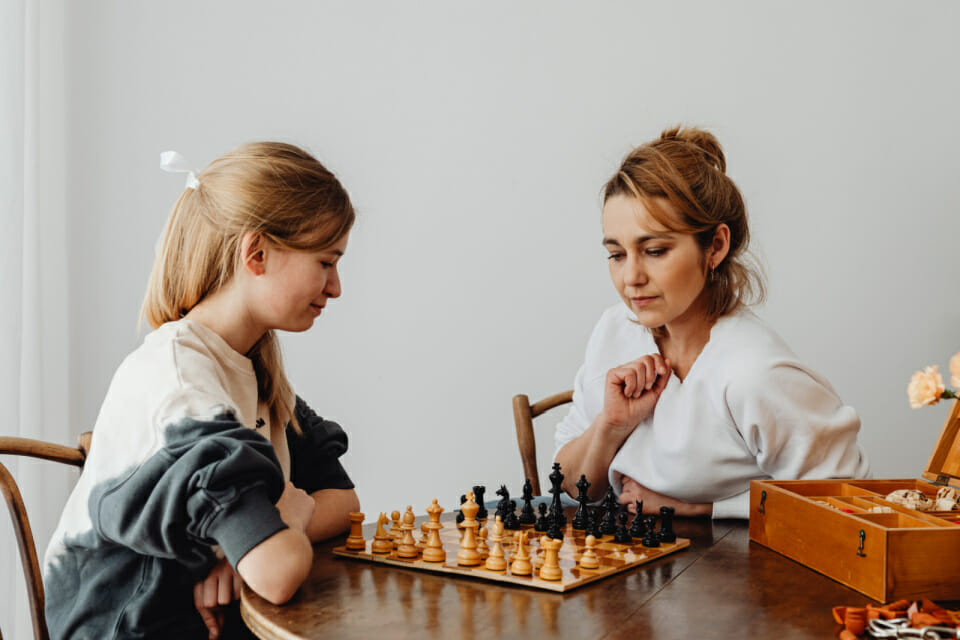
A Compass for Direction
Introduce the idea of a compass to your child/tween/teen, and yes, I’m talking about an actual navigational compass. Research it, draw it, find one, whatever you need to do to conjure the concept.
The key idea is for your child to understand what a compass is – a device that indicates direction. And what it is used for – one of the most important instruments for navigation, a pathway to follow.
Essentially, a compass is symbolic of what our values do for us: they direct and guide us. When it comes to the many and varied operations of a family unit, we generate and hold value systems based on what is important to us.
This is the practical everyday advice I give parents struggling with challenges stemming from value systems being tested.

When to use Compass Training
When we’re in the confident, ‘Cappy’ of our ship faze of parenting (baby/toddlerhood), our values are being upheld and not really questioned, even if they’re not liked by our kids.
However, when our crew members start to discover the world (childhood/adolescence) and realise that other ‘ships’ are more to their liking, things can go a little pear-shaped.
Our values may get questioned, and other parents’ values may seem preferred.
This can feel quite offensive to us as parents who have spent so much time shaping our value systems in the home. It can feel disrespectful and push us somewhat out of control and off course.
I encourage parents to use compass training when they experience this ‘off track’ feeling.
For example, your kid pleads with you, ‘but Connor has Nike shoes; why can’t I?!? ‘
First, take stock of the situation as if you’re feeling lost and then remember you have a compass in your backpack that can help remind you what your values are.
Pull it out and ask questions to yourself like: ‘How do I want to deal with this right now? What type of parent do I want to be right now? What is important to me right now? ‘
These questions get us in touch with our values and guide us on how to respond to our kids at the moment. Try to respond with a sound, ‘well in our family we value… (insert value)’.
Doing this over time reinforces your values and encourages your kids to learn and get on board with the family value system.
For a more detailed, easy step-by-step guide on managing comparison – view our comparison roadmap here.
Flexible Values, Boundaries and Development
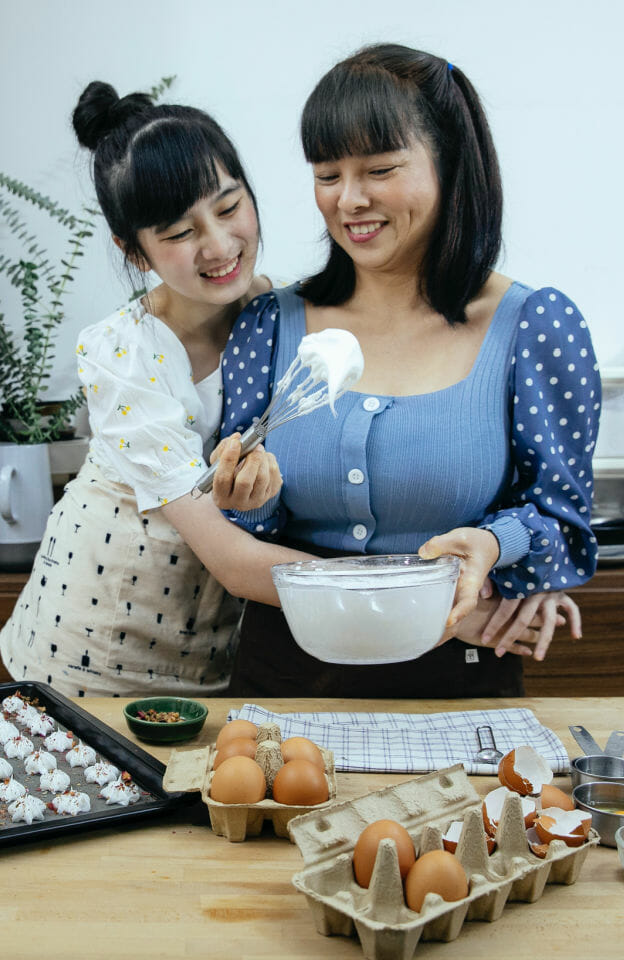
As your child grows and matures, you may find a need to adjust your ways to keep pace with your child’s developmental needs, e.g., when they are into connecting with peers more than us or when they need more independence.
The boundaries of core values might need to be stretched a bit, or you might hold another set of values, or variations, for different age groups/developmental stages.
A general rule is that if we exhibit a bit of flexibility and keep pace with our kids as their developmental needs change, they might be more OK with agreeing to our requests, limits and boundaries.
You are the guide
So, when you’re in the depth of the comparison playground. If you’re looking for something to cling to other than your sanity, consider pulling the ‘value compass’ out of your backpack. Remind yourself (and your little human) of your core direction and what’s important to you to stay on course.
As a parent, it’s almost inevitable that we’ll find ourselves pulled into the comparison playground and then spat out again at least once or twice in each developmental stage. It’s up to us to how we utilise our value compass to show us the way out until the next time!
For more info like this, get access to the Healthy Mummy Wellness App
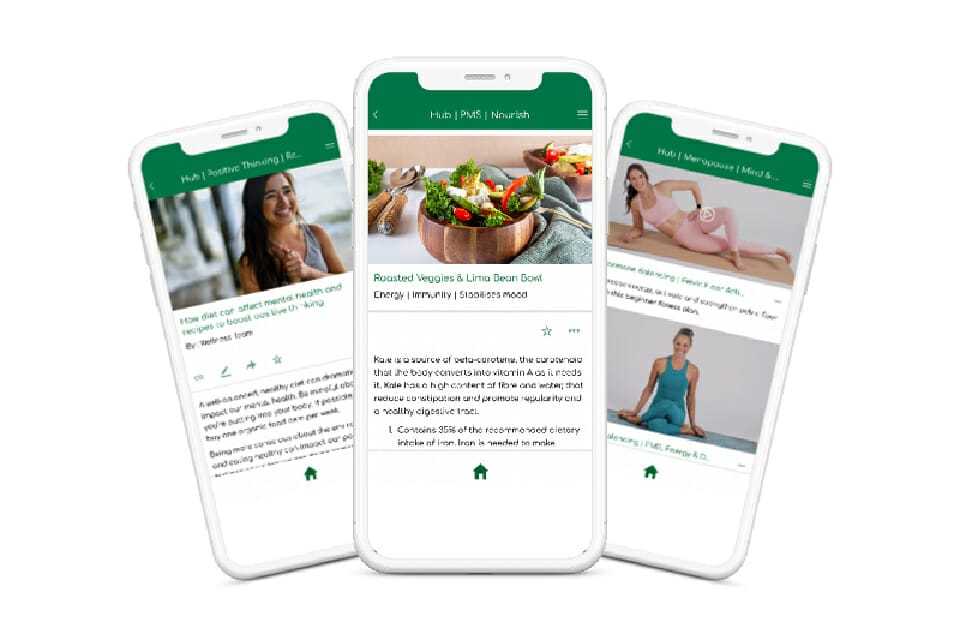
The Healthy Mummy Wellness app is built to support mums’ mental, physical and social well-being. We have expert advice to help mums makeover their minds, transform their mood, manage their hormones, sleep better and engage with their family.
You can listen to podcasts, read blogs, work out with our trainers and find healthy, family-friendly recipes from the palm of your hand.
